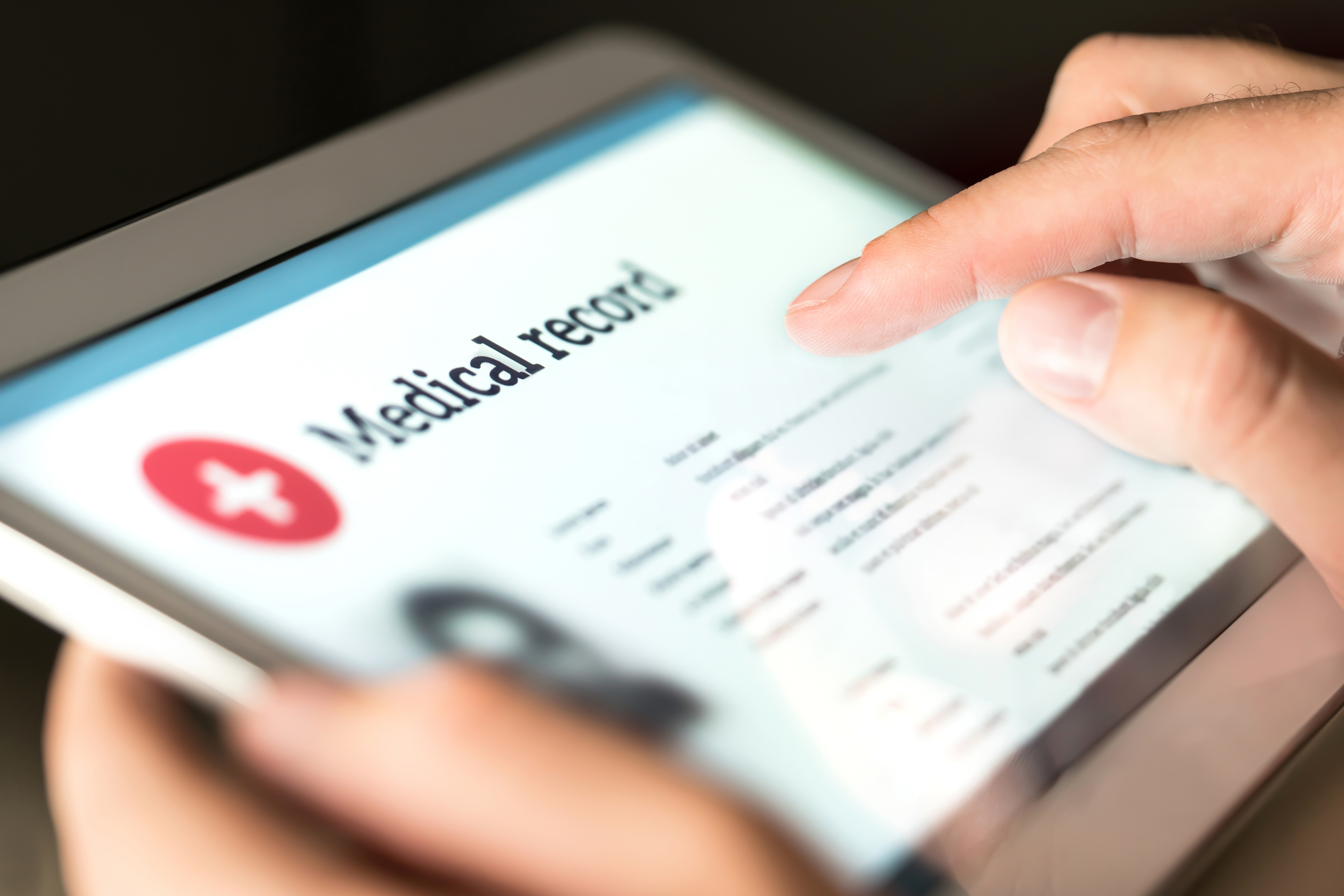With 2022 MIPS final scores available, hospitals and health systems have seen the Cost category produce a major impact on their overall MIPS scores.
Before CMS added the Cost category to 2022 MIPS scores, hospitals had little insight into how it would impact MIPS scores. With scores out, we see that many hospitals and health systems were scored on over 10 Cost category measures. That’s a large amount of data to sift through and analyze.


-4.png)



-1.png)
-3.png)
-3.png)


